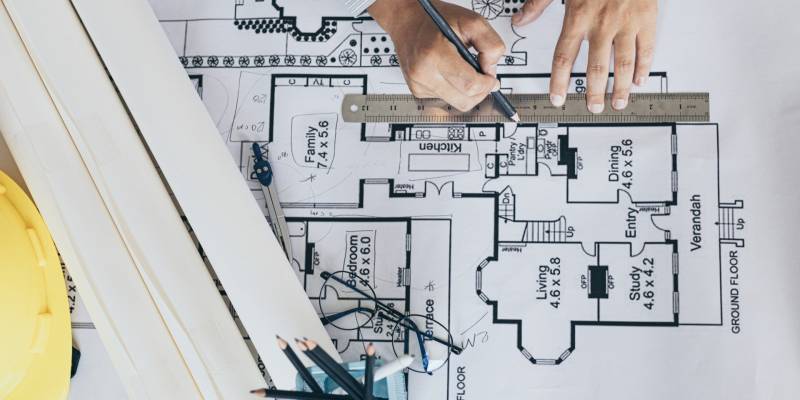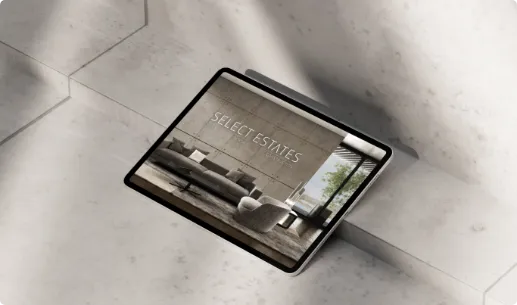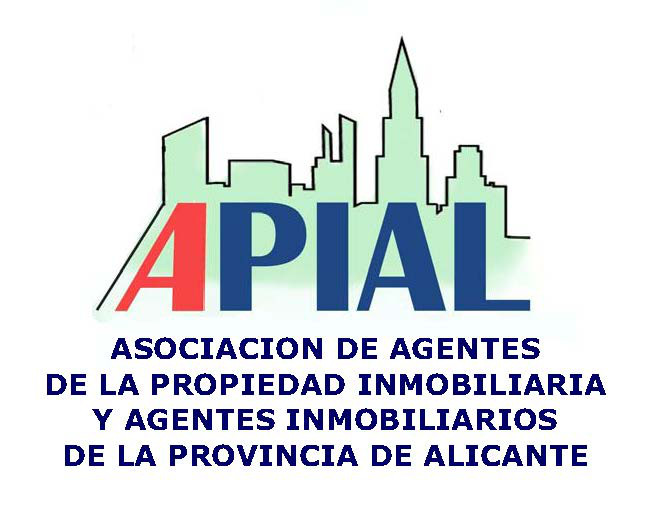Registering Your Property in Spain: What You’ll Need

Have you recently purchased — or even built — your dream property in Spain? Before you can fully enjoy your new home, there’s one crucial legal step left: registering your property with the Registro de la Propiedad (Land Registry). This process confirms your legal ownership and protects your rights as a homeowner. But what paperwork do you need? Here’s a clear overview to help you prepare everything properly and avoid delays.
Mandatory Documents for Property Registration
These documents are required for the notary and Land Registry office:
1. Escritura Pública (Official Deed)
The notarised purchase deed signed on the day of the transfer — this is your legal proof of ownership.
2. Valid ID + NIE
EU citizens: Passport or ID + Número de Identidad de Extranjero (NIE)
Non-EU citizens: Passport + residency visa or permit
3. Proof of Tax Payment
You must show that the transfer taxes have been paid:
Modelo 600 → For resale properties (Impuesto de Transmisiones Patrimoniales / ITP)
Modelo 303 → For new builds with VAT (IVA)
4. Proof of Notary Fees Payment
Usually paid directly to the notary on the day of signing.
5. Cadastral Reference (Referencia Catastral)
This number identifies the property in Spain’s cadastral register. Often included in the deed.
6. Energy Efficiency Certificate (CEE)
Legally required for all property sales or rentals in Spain.
7. Power of Attorney (If applicable)
If someone signs on your behalf — for example, your lawyer or real estate agent.
Useful Optional Documents
While not always required, these can speed up the process and provide extra security:
- Previous ownership deed (escritura anterior)
- Utility bills or IBI tax receipts
- Empadronamiento certificate (if you live in the property)
Bonus Tip: Did You Build the Property Yourself?
If you’ve constructed a property on your own land, you’ll also need:
- A certificado final de obra (final construction certificate)
- A licencia de primera ocupación (first occupancy licence)
- And a declaración de obra nueva (declaration of new construction) signed before a notary
Don’t Navigate the Paperwork Alone
Spain’s property system is full of unique rules — especially for international buyers. That’s why we always recommend working with a trusted local real estate agent or legal expert.
Need guidance? Contact our team — we’ll connect you with experienced partners who speak your language and know the region inside out.
FAQ – Property Registration in Spain
How long does it take to register a property in Spain?
Usually between 6-8 weeks after signing the public deed.
Do I need to be present in Spain to register the property?
No — if you provide a power of attorney to a legal representative, they can do it on your behalf.
Is it mandatory to register the property?
Yes. Without registration, your ownership isn't officially recognized under Spanish law.
Can I register a property without an NIE?
No. An NIE (Número de Identificación de Extranjero) is required for all legal and financial procedures in Spain.
Final Thoughts
Registering your property in Spain is a key step in securing your investment — and your peace of mind. With the right documents and expert help, it’s a smooth and straightforward process.











